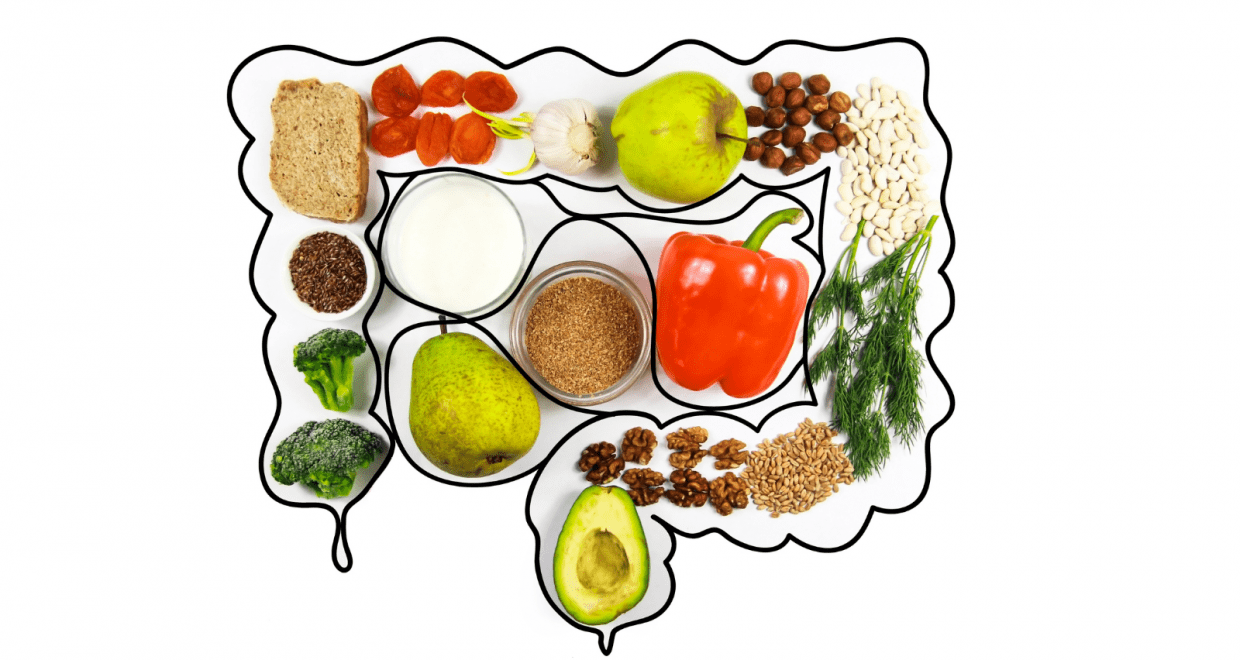‘Everything is connected’
Professor Andrea Azcarate-Peril tells the marathon story of her journey from Argentina, via North Carolina, to becoming Editor-in-Chief of Gut Microbiome, an open access journal co-published by Cambridge University Press and The Nutrition Society.
“I was always curious about living creatures,” recalls Andrea Azcarate-Peril. “How was it possible for an insect to fly? How do we grow up?”
Born, raised and educated in Argentina – and a bacteriologist by training – Andrea studied for a bachelor’s degree in genetics and then a PhD in microbiology at the outset of what would become a career-long fascination with bacteriology and microbiology. Her main area of expertise is the modulation of the gut microbiome – made up of trillions of bacteria, fungi and other microbes – by beneficial and preventive interventions, including prebiotics and probiotics.

She explains: “Bacteria are the most sophisticated living organisms on earth. They’ve been here for millions of years and will be here after humans are gone. My decision to follow this career path was also somewhat serendipitous; I was not particularly interested in plants and cared too much about animals to experiment on them.”
In the late 1990s Andrea moved from South America to North Carolina State University in the USA – as a visiting student, a research associate and then as a fully-fledged research scientist – before being appointed in 2009 as director of the Microbiome Core at the University of North Carolina (UNC) Chapel Hill, a facility established to provide technical and research support to study community structure and the function of host-associated microbial populations.
There was more serendipity at play; Andrea recalls that in career terms she was recruited at exactly the right time by James Anderson, Kay Lund and Robert Sandler, ‘visionaries’ that anticipated the potential for microbiome research at UNC: “The timing was perfect, and my professional transition from lactic acid bacteria and probiotics to complex communities was seamless.”
Indeed, microbiology in general, and microbiome research in particular are areas of science that have developed at pace during Andrea’s career, both in terms of the study itself and the fact that gut health and the need for healthy eating have risen to the higher reaches of the medical and political agenda in recent times. “I’ve been saying for the past 10 years that this is the best time to be a microbiologist!” says Andrea. “High-throughput approaches have revolutionised how we approach the study of microbes. Yes, we definitely still need the culturing of isolated microbes. But now we understand much better how microbes act in a complex community, and how they connect and influence their host or environment.”
Despite the scientific advances in what is clearly a complex area of science, Andrea says that gut biology is a public health issue – and that general awareness of the issue needs to be raised through education. “Obesity is the one keyword here,” she says. “Let’s pay attention to what we eat and what we’re doing to our gut microbes. The general population needs to know more about nutrition, fibre, and fermented foods, and how they help us age well.” Crucially, she believes that academia and governments worldwide could be doing far more to spread the key messages around gut microbiology – highlighting the importance of prevention rather than treatment – but that the involvement of “too many financial interests” have prevented this to an extent.
In 2023 Andrea was appointed Editor-in-Chief of Gut Microbiome, an open access and interdisciplinary journal published in partnership with Cambridge University Press and The Nutrition Society – despite some reservations. “My first reaction was: ‘am I able to do this?’,” she recalls. “I am very excited about the journal. Despite the first couple of years being difficult due to the Covid-19 pandemic, it has the potential to showcase the vital link between nutrition and the gut microbiome. Now we need to increase the number of our editorial board members to provide rapid, high-quality feedback to authors.”
The journal focuses on the contributing factors that influence the gut microbiota and, in turn, how the gut microbiome impacts the health, development and disease status of the whole human body. The journal’s scope includes research dedicated to the role of different diets, pharmaceuticals and nutraceuticals (products derived from food sources with extra health benefits in addition to the basic nutritional value found in foods), prebiotics and probiotics have in shaping an individual’s microbiome composition.
Indeed, Andrea reports that the interdisciplinary nature of the journal and the science around it – with contributors and readers from many different disciplines and sectors – is key, both on an individual and global level: “Microbiome research is interdisciplinary by nature. Everything is connected. It is important to acknowledge that the link between nutrition, the gut microbiome, the immune system and the brain was recognised decades ago. We now have the tools and approaches to disentangle those connections, and to improve our health and the health of our planet.” It may be a marathon effort ahead for those involved in this journey, but Andrea’s love of running and her participation in several half-marathons in recent years will doubtless hold her in good stead.
Finally, as a female scientist and editor – and in light of Cambridge University Press’s recent activity around the International Day of Women and Girls in Science – Andrea is keen to encourage young female scientists to follow in her path to becoming a leader in science. She concludes:
“Girls are aware of their potential. They just need the support to make their aspirations a reality. As a woman in the world of biomedical sciences, I feel that it is my obligation to lift and empower women.”
Professor Andrea Azcarate-Peril, Editor-in-Chief, Gut Microbiome







It was an interesting read, Tim! Yes, probiotics play an important role in shaping our gut microbiome composition which in turn impacts the health of our immune system. For instance, probiotics effectively help treat skin problems like eczema caused due to a faulty immune response as probiotics help multiply healthful gut bacteria in our body.
thank uuuuuuuuu
I learned so much from this article. It’s great to see gut health being highlighted as part of a healthy lifestyle!